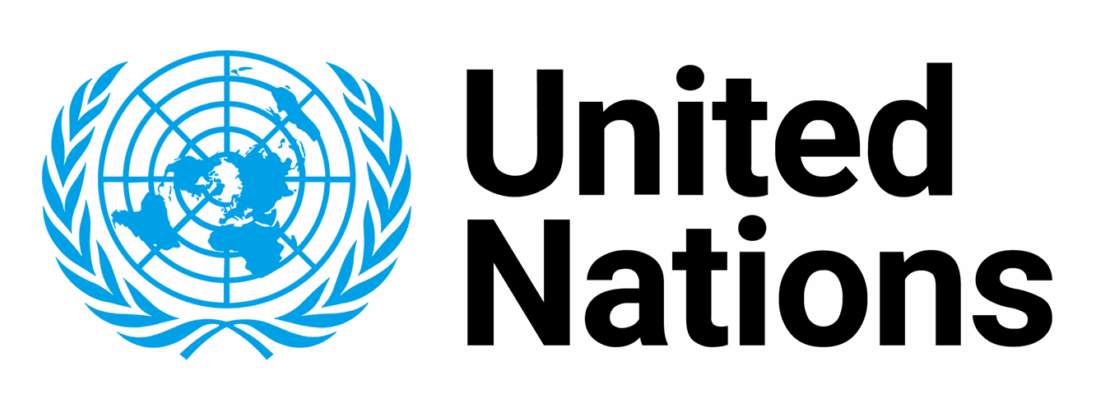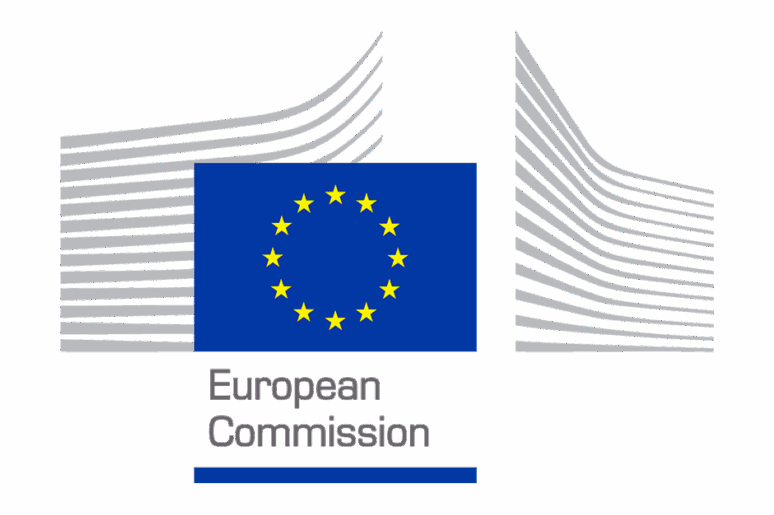by H.E. Valeriy Yevdokimov
Vice President of WOS-IPSP, President of the World Organization of Jurists
Modern international law was created to unite nations under common rules, preventing the law of the strongest and ensuring that every people may live in security and dignity. In this mission, international courts have taken on a decisive role.
The International Court of Justice, the International Criminal Court, and other supranational jurisdictions are not perfect institutions, yet they remain essential points of reference. They affirm that no State and no individual can consider themselves above the law.
Legal multilateralism is not an academic luxury, but a necessity. In an interconnected world where conflicts ignore borders and crises of environment, migration, and security have global repercussions, no nation can expect to find solutions alone. International courts embody the principle that disputes may be resolved not by force, but through law.
They also provide symbolic and pedagogical value: they remind nations that justice does not belong to one country or one geopolitical bloc, but to humanity as a whole. Each ruling, each judgment, even when contested, affirms a principle of universal responsibility.
The WOS-IPSP, in its mission of peace and cooperation, recognizes and supports the central role of international courts. Without shared justice, peace remains fragile; with strong and respected legal institutions, peace becomes possible.
History teaches us that where justice is silent, weapons speak. But wherever peoples have had the courage to entrust themselves to law, they have discovered new paths toward peaceful coexistence. This is the task before us today: to strengthen legal multilateralism as the foundation of a more just and secure world order for all.



